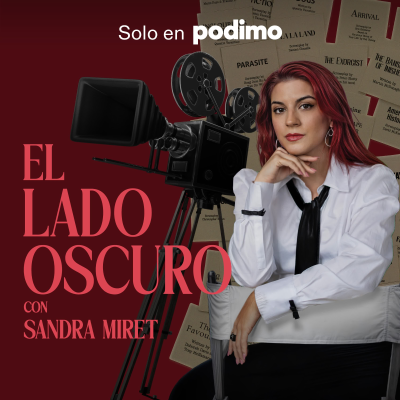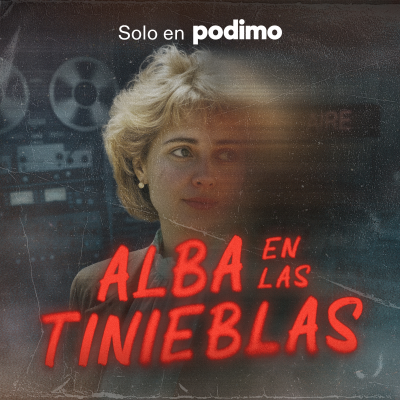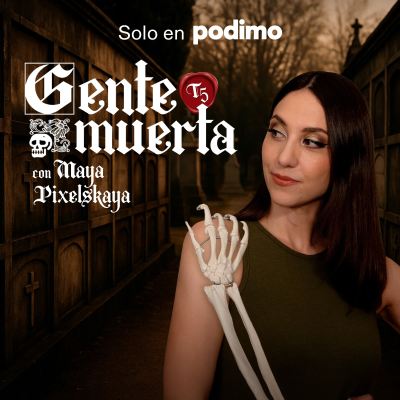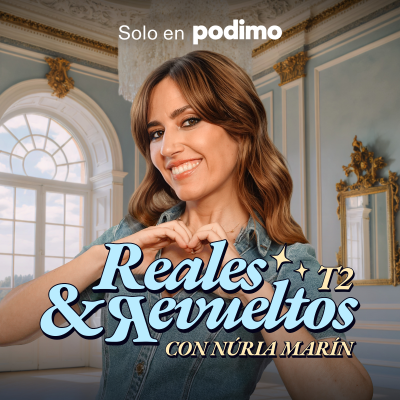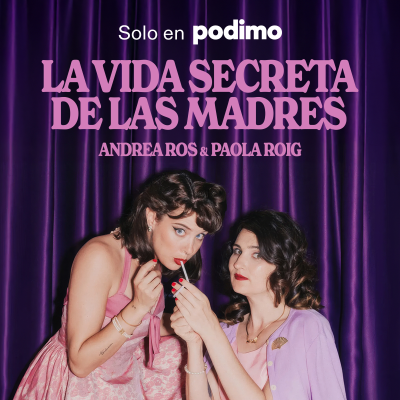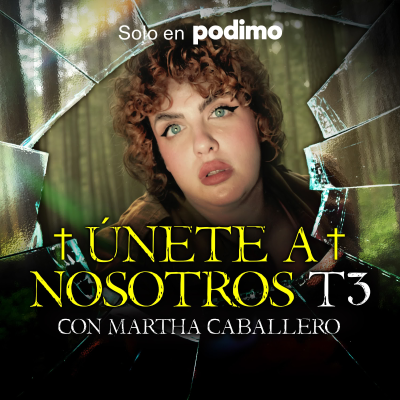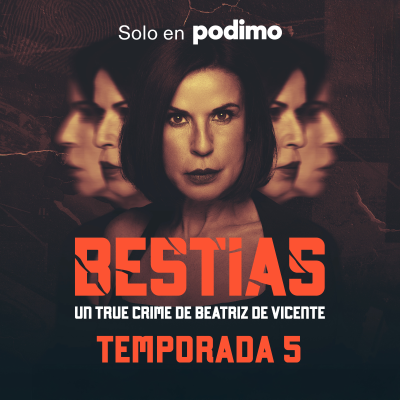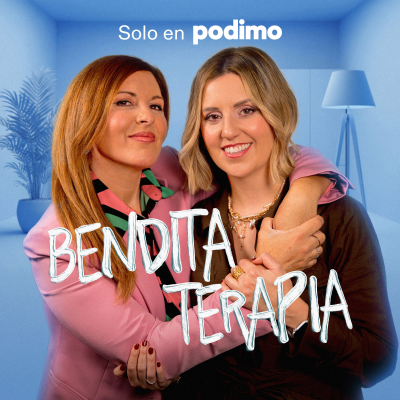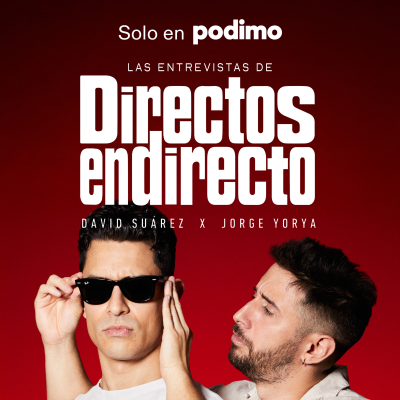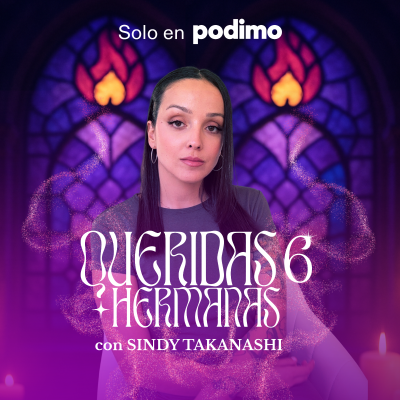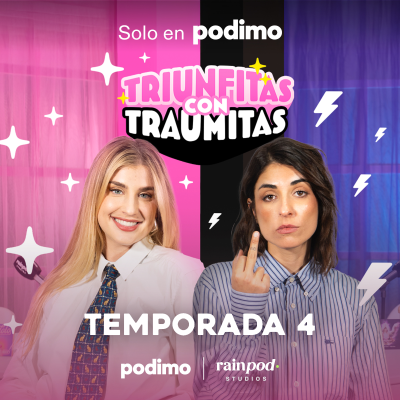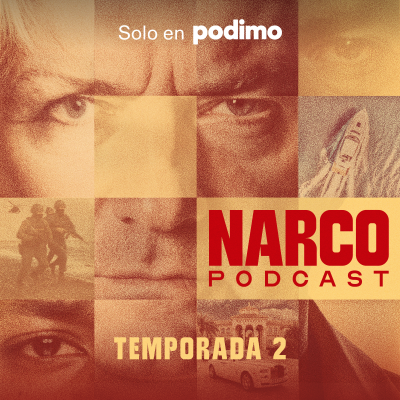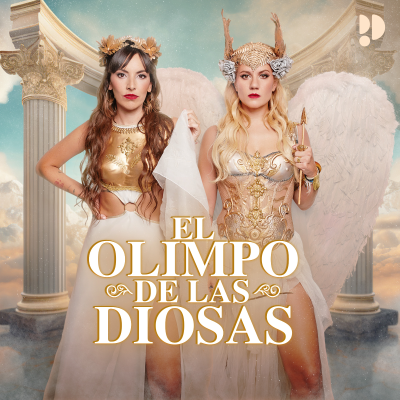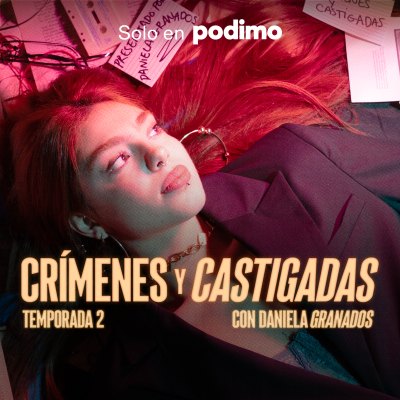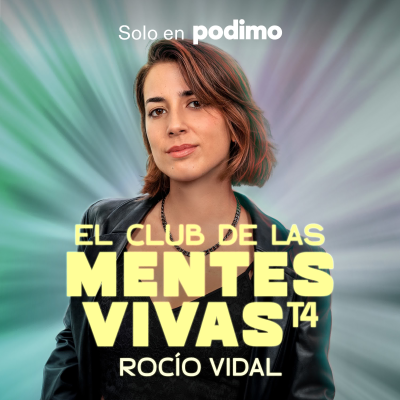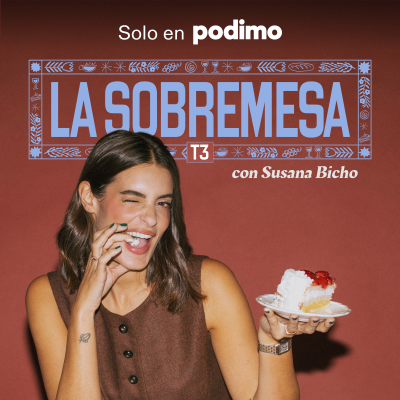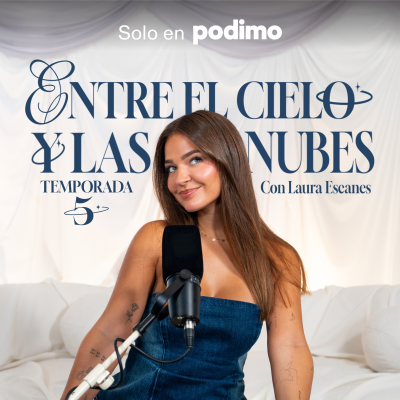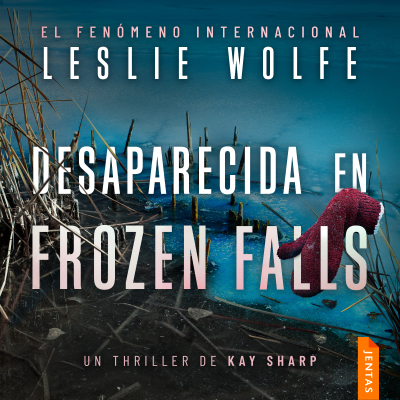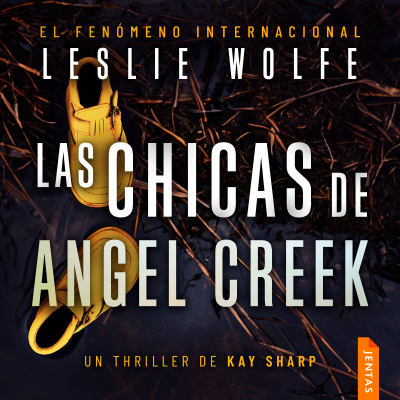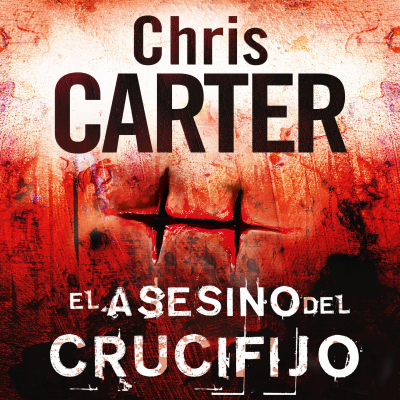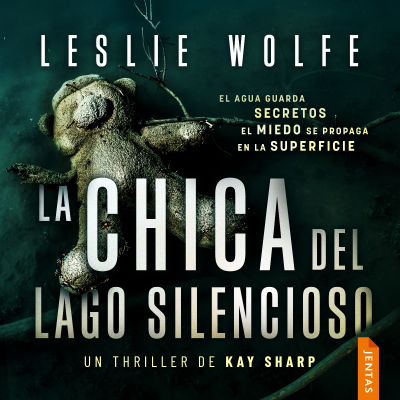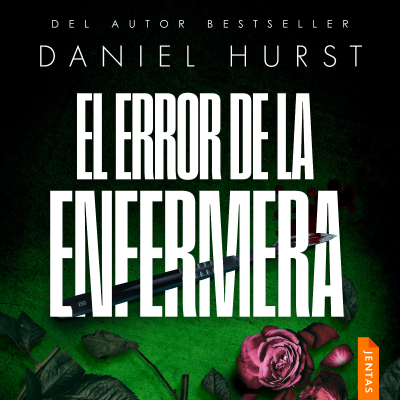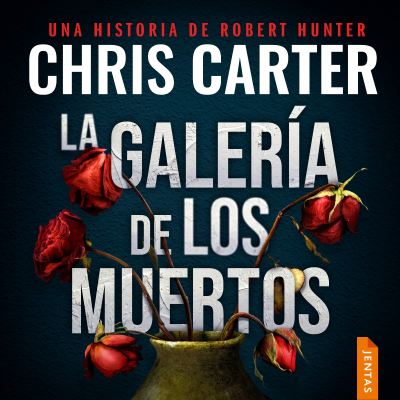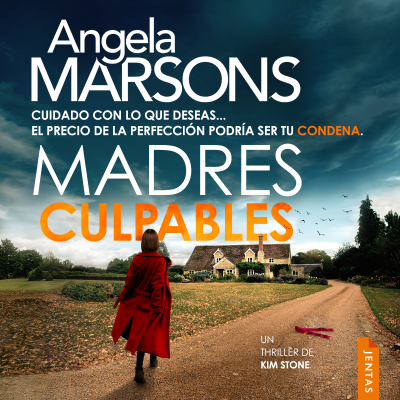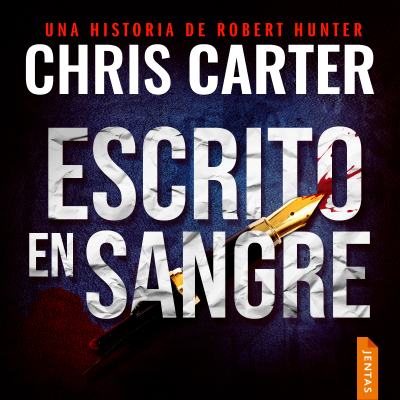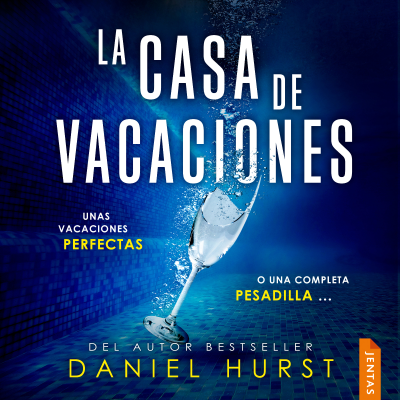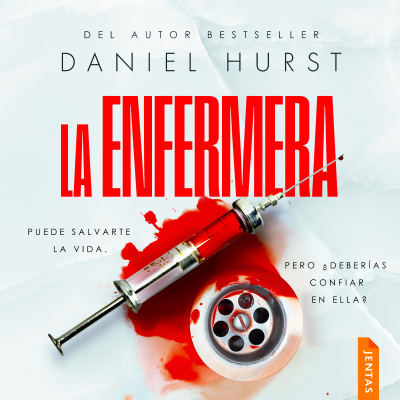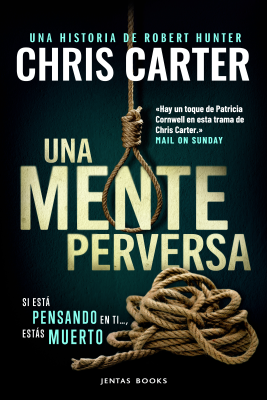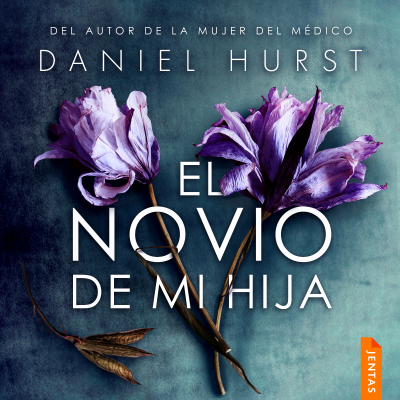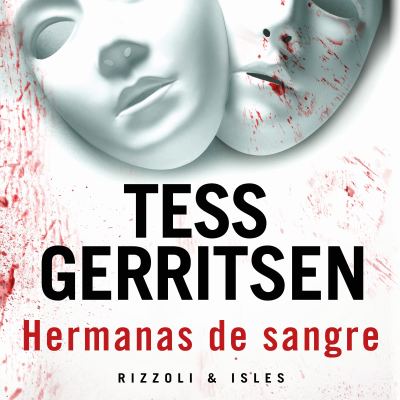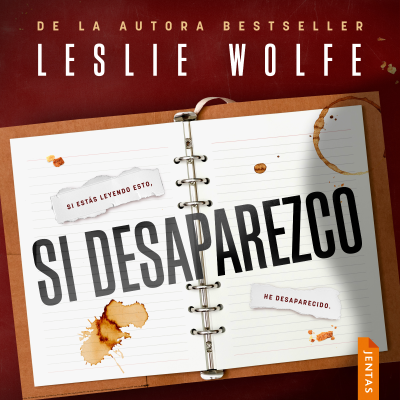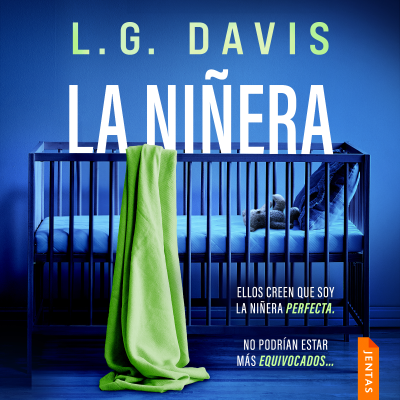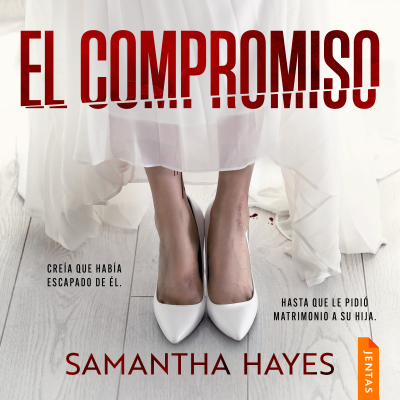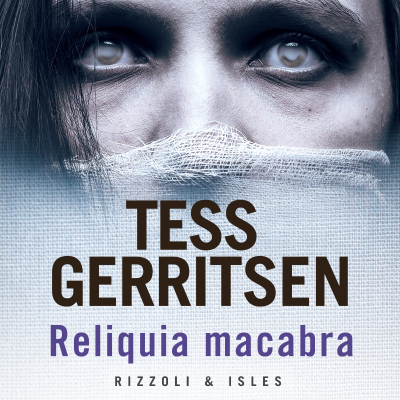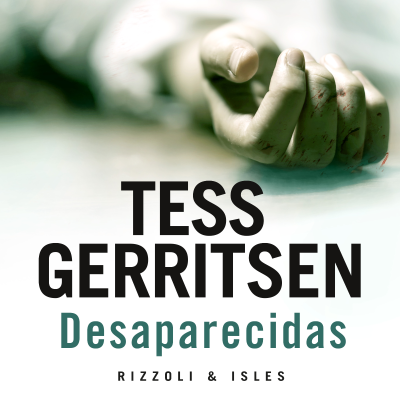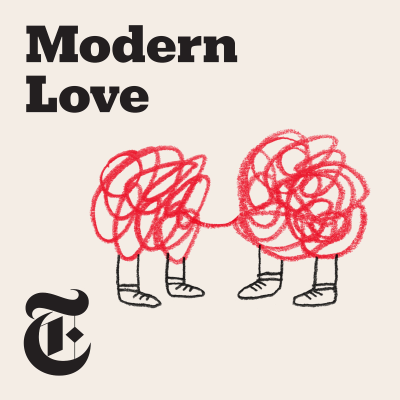
Modern Love
1.4K
inglés
Historias personales y conversaciones
Oferta limitada
2 meses por 1 €
Después 4,99 € / mesCancela cuando quieras.
- 20 horas de audiolibros / mes
- Podcasts solo en Podimo
- Podcast gratuitos
Acerca de Modern Love
For more than 20 years, the Modern Love column has given New York Times readers a glimpse into the complicated love lives of real people. Since its start, the column has evolved into a TV show, three books and a podcast. Each week, host Anna Martin brings you stories and conversations about love in all its glorious permutations, dumb pitfalls and life-changing moments. New episodes every Wednesday. Subscribe today at nytimes.com/podcasts or on Apple Podcasts and Spotify. You can also subscribe via your favorite podcast app here https://www.nytimes.com/activate-access/audio?source=podcatcher. For more podcasts and narrated articles, download The New York Times app at nytimes.com/app.
Todos los episodios
431 episodiosThe Secret to True Romance
Recently, the “Modern Love” team asked you to share stories about the most romantic things that have ever happened to you. What struck us about your stories was how frequently romance was found in quiet, everyday actions: rubbing your loved one’s feet, paying the bill, changing a flat tire, eating dinner together on the porch. This week, in celebration of Valentine’s Day, we hear stories that remind us all how simple love can be. Then, we speak to the king and queen of Valentine's Day. For 30 years, Lonnie Anderson has made giant, over-the-top valentines for his wife, Anne Bolger Witherspoon, and has become a local legend in Albuquerque for doing so. The two tell us why Lonnie goes to the extraordinary lengths he does, and what it feels like for Anne to receive these extravagant, very public valentines. Find photos of Lonnie’s valentines here. [https://www.nytimes.com/2026/02/11/podcasts/valentines-day-surprise-couple.html] How to submit a Modern Love essay to The New York Times [https://www.nytimes.com/article/how-to-submit-a-modern-love-essay.html] How to submit a Tiny Love Story [https://www.nytimes.com/2018/09/19/style/modern-love-tiny-love-stories.html] Subscribe today at nytimes.com/podcasts [http://nytimes.com/podcasts] or on Apple Podcasts and Spotify. You can also subscribe via your favorite podcast app here https://www.nytimes.com/activate-access/audio?source=podcatcher [https://www.nytimes.com/activate-access/audio?source=podcatcher]. For more podcasts and narrated articles, download The New York Times app at nytimes.com/app. Hosted by Simplecast, an AdsWizz company. See pcm.adswizz.com [https://pcm.adswizz.com] for information about our collection and use of personal data for advertising.
The Real Story Behind Jennette McCurdy’s Novel “Half His Age.”
Please note: this episode contains explicit descriptions of sex. Jennette McCurdy pretty much grew up in front of an audience. In her role on the Nickelodeon show “iCarly,” she seemed like a bubbly, happy teenager. Behind the scenes, though, she was struggling. In her 2022 memoir, “I’m Glad My Mom Died,” McCurdy described her toxic and often abusive relationship with her mother, her struggles with depression and disordered eating, and the painful work she did to build herself back up. The book was a New York Times bestseller for over 80 weeks. McCurdy has a new book out, and this time, she’s written a novel. “Half His Age” tells the story of an intimate relationship between a 17-year-old girl named Waldo and her 40-year-old teacher, Mr. Korgy. This week on “Modern Love,” McCurdy explains how some of her own experiences inspired the story in “Half His Age,” and how writing the book allowed her to work through her rage, understand her desire and reclaim her power. Subscribe today at nytimes.com/podcasts [http://nytimes.com/podcasts] or on Apple Podcasts and Spotify. You can also subscribe via your favorite podcast app here https://www.nytimes.com/activate-access/audio?source=podcatcher [https://www.nytimes.com/activate-access/audio?source=podcatcher]. For more podcasts and narrated articles, download The New York Times app at nytimes.com/app. Hosted by Simplecast, an AdsWizz company. See pcm.adswizz.com [https://pcm.adswizz.com] for information about our collection and use of personal data for advertising.
I Was the Fun Dad. It Almost Destroyed My Marriage.
When Jordan Carlos looks back on the role he was playing in his family a few years ago, he does not like what he sees. He was bringing home a good salary as a comedian, but doing only the bare minimum as a husband and a dad. When Jordan did show up at home, he was more likely to take the kids out for an all-day candy binge than to take them to the dentist or to tuck them in by bedtime. But Jordan got a painful wake-up call when the pandemic hit and his work came to a halt. Home all the time, Jordan looked around and noticed that nobody seemed to need, or expect, any help from him. And his marriage was in serious trouble. This week on “Modern Love,” Jordan explains how he let things get so bad in the first place, and how day by day, chore by chore, he started to take responsibility for all the little things that actually mean a lot. Jordan’s book, “Choreplay: The Marriage-Saving Magic of Getting Your Head Out of Your Ass,” comes out Feb. 10. Listener Callout: “Modern Love” wants to hear from you. What’s the most romantic thing that has ever happened to you? What’s the most romantic thing you’ve ever witnessed? If something made you feel that rush of romance, send us a voice memo by Feb. 4, and we may use it on the show. Check out our submission page to learn more. [https://www.nytimes.com/2026/01/07/podcasts/tell-us-whats-the-most-romantic-thing-youve-ever-seen.html] Subscribe today at nytimes.com/podcasts [http://nytimes.com/podcasts] or on Apple Podcasts and Spotify. You can also subscribe via your favorite podcast app here https://www.nytimes.com/activate-access/audio?source=podcatcher [https://www.nytimes.com/activate-access/audio?source=podcatcher]. For more podcasts and narrated articles, download The New York Times app at nytimes.com/app. Hosted by Simplecast, an AdsWizz company. See pcm.adswizz.com [https://pcm.adswizz.com] for information about our collection and use of personal data for advertising.
I Tried to Toughen Up My Son. He Had Other Ideas.
Sam Graham-Felsen was not a tough child. He feared violence and didn’t feel that he could stand up for himself when he was bullied. His fear ate away at his confidence; he was afraid to go on dates, afraid to try hard in school. As an adult, he thought he had moved past those fears. But then he started to notice some of those same tendencies in his young son. Sam wanted to change that, so he took his son on a cross-country road trip to Badlands National Park, in search of what Theodore Roosevelt called “the strenuous life.” Along the way, he found himself wrestling with what it means to be a good man, and to raise a good man. This week on “Modern Love,” Sam explains what happened, and how his son changed his own ideas about what it means to be tough. You can read Sam’s original story in The New York Times Magazine [https://www.nytimes.com/2025/10/19/magazine/national-parks-badlands-roosevelt-south-dakota.html]. “Modern Love” wants to hear from you. What’s the most romantic thing that has ever happened to you? What’s the most romantic thing you’ve ever witnessed? If something made you feel that rush of romance, send us a voice memo, and we may use it on the show. Check out our submission page to learn more. [https://www.nytimes.com/2026/01/07/podcasts/tell-us-whats-the-most-romantic-thing-youve-ever-seen.html] How to submit a Modern Love Essay to the New York Times [https://www.nytimes.com/article/how-to-submit-a-modern-love-essay.html] How to submit a Tiny Love Story [https://www.nytimes.com/2018/09/19/style/modern-love-tiny-love-stories.html] Subscribe today at nytimes.com/podcasts [http://nytimes.com/podcasts] or on Apple Podcasts and Spotify. You can also subscribe via your favorite podcast app here https://www.nytimes.com/activate-access/audio?source=podcatcher [https://www.nytimes.com/activate-access/audio?source=podcatcher]. For more podcasts and narrated articles, download The New York Times app at nytimes.com/app. Hosted by Simplecast, an AdsWizz company. See pcm.adswizz.com [https://pcm.adswizz.com] for information about our collection and use of personal data for advertising.
Was I Married To A Stranger?
Belle Burden was living the kind of life most can only dream of. Born into a wealthy New York family, she married a dashing attorney who had swept her off her feet. The couple had a beautiful apartment in Manhattan, a summer house on Martha’s Vineyard, three children, and what Belle thought was a happy marriage. Then, after 20 years, with no warning, her husband told her he wanted a divorce. Belle remembers him saying, “You can have custody of the kids, you can have the house and the apartment. I don't want any part of this life anymore.” In a moment, he became a stranger to her. As Belle tried to understand the disintegration of her marriage, she made a decision that surprised people close to her: she shared her story with the world. In 2023, she published a Modern Love essay about her experience. Her new book, “Strangers: a Memoir of Marriage,” reveals more of her story. On today’s episode, Belle Burden talks about the abrupt and difficult end to her marriage, and how that led her to the start of a new life. How to submit a Modern Love Essay to the New York Times [https://www.nytimes.com/article/how-to-submit-a-modern-love-essay.html] How to submit a Tiny Love Story [https://www.nytimes.com/2018/09/19/style/modern-love-tiny-love-stories.html?pgtype=Article&action=click&module=RelatedLinks] Subscribe today at nytimes.com/podcasts [http://nytimes.com/podcasts] or on Apple Podcasts and Spotify. You can also subscribe via your favorite podcast app here https://www.nytimes.com/activate-access/audio?source=podcatcher [https://www.nytimes.com/activate-access/audio?source=podcatcher]. For more podcasts and narrated articles, download The New York Times app at nytimes.com/app. Hosted by Simplecast, an AdsWizz company. See pcm.adswizz.com [https://pcm.adswizz.com] for information about our collection and use of personal data for advertising.
Elige tu suscripción
Oferta limitada
Premium
20 horas de audiolibros
Podcasts solo en Podimo
Podcast gratuitos
Cancela cuando quieras
2 meses por 1 €
Después 4,99 € / mes
Premium Plus
100 horas de audiolibros
Podcasts solo en Podimo
Podcast gratuitos
Cancela cuando quieras
Disfruta 30 días gratis
Después 9,99 € / mes
2 meses por 1 €. Después 4,99 € / mes. Cancela cuando quieras.

